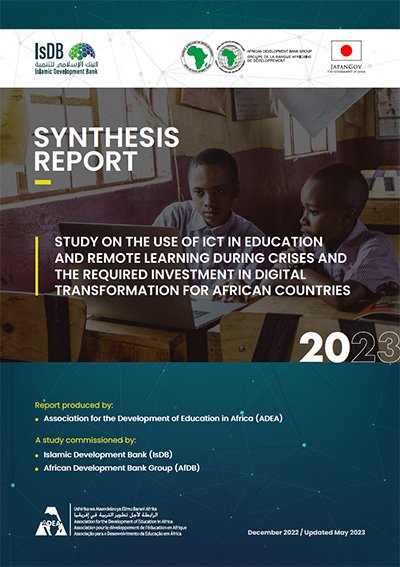The COVID-19 pandemic disrupted the education sector leading to school closures for more than two years in some countries. This resulted in learning loss that impacted education outcomes, especially in Africa. Governments in Africa took immediate responsive actions to remedy the impact of school closures by introducing policy and program changes to education delivery, articulating multi-sectoral national response plans that included remote learning to ensure learning continuity.
Read more

